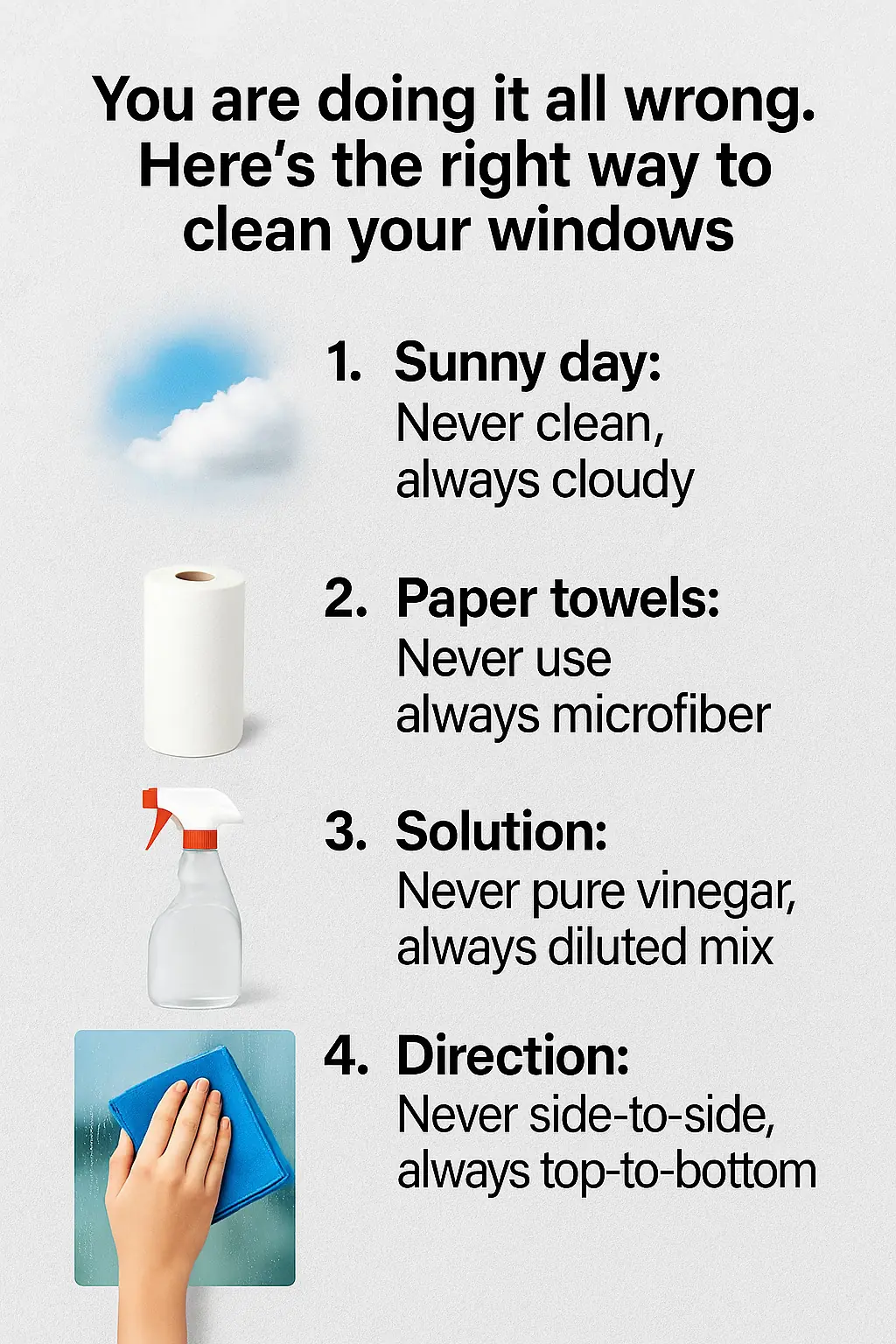
You are doing it all wrong. Here’s the right way to wash winter bedding
Winter bedding brings warmth, comfort, and coziness to our nights during the colder months. However, without proper care, it can quickly turn into a haven for dust mites, allergens, and unwanted odors. Many people unknowingly wash their winter bedding incorrectly, which not only shortens its lifespan but also diminishes its insulating properties and overall comfort.
In this comprehensive guide, we’ll walk you through the best practices for cleaning and maintaining your winter bedding — from selecting the right detergent and water temperature to drying and storage tips that help preserve the quality, freshness, and softness of your bedding all season long.
1. Why Properly Washing Winter Bedding Matters
Correctly washing your winter bedding is essential not only for hygiene but also for maintaining the integrity of its materials. Duvets, comforters, and blankets often contain down, feathers, or synthetic fibers that require gentle handling. Improper washing can lead to clumping, loss of loft, or even a flattened texture that no longer keeps you warm.
Beyond comfort, there’s a health reason too. During winter, bedding naturally absorbs sweat, oils, and dead skin cells, all of which attract dust mites and bacteria. Regular, proper washing eliminates these allergens, creating a cleaner and healthier sleep environment. With the right methods, your bedding can stay fluffy, fresh, and inviting for many winters to come.
2. How Often Should You Wash Winter Bedding?
The ideal washing frequency depends on the type of bedding and your personal habits.
-
Sheets and pillowcases: every 1–2 weeks.
-
Comforters and duvets: every 1–2 months, or sooner if they see heavy use.
-
Weighted blankets: typically every few months, or spot-clean as needed.
If you have pets, allergies, or sensitive skin, consider washing more frequently. Between washes, try airing out your bedding on a dry, sunny day to release moisture and refresh the fabric. Using duvet covers or protective liners can also reduce how often you need to wash bulkier pieces.
3. Choosing the Right Detergent for Winter Fabrics
Your detergent plays a bigger role than you might think. Strong, chemical-heavy detergents can strip delicate fibers or leave irritating residues. Always choose a mild, fragrance-free detergent that’s gentle on both fabrics and skin.
For down-filled bedding, use a detergent specially formulated for down. It helps maintain the natural loft and ensures even insulation. Avoid overusing detergent — too much can leave residue and make fabrics feel stiff. A good rule of thumb is to use half the normal amount for delicate items.
4. Why Warm Water Works Best for Duvets
While cold water is great for energy savings and color preservation, warm water (around 30°C / 86°F) is more effective at breaking down body oils, sweat, and dirt trapped in thicker bedding. Warm water cleans thoroughly without damaging the inner filling or outer fabric.
Always check the care label before washing — some materials or luxury duvets may require cooler water or professional cleaning. When in doubt, a gentle cycle with moderate warmth is the safest balance between cleanliness and fabric protection.
5. Flannel Sheets Care: Keep It Low and Gentle
Flannel sheets are beloved for their soft, fuzzy texture and warmth, but they’re prone to shrinking and pilling if treated harshly. To keep them plush:
-
Wash in cold or lukewarm water on a gentle cycle.
-
Dry using a low heat setting or, better yet, line dry them to preserve softness.
-
Toss in a few dryer balls to reduce static and wrinkles.
Avoid using high heat or strong fabric softeners, as they can cause flannel to lose its signature cozy feel.
6. Caring for Weighted Blankets: Spot Cleaning and Gentle Washes
Weighted blankets provide comfort and stress relief but are tricky to clean due to their heavy, dense structure. For small stains or spills, spot-clean with a mild detergent and a damp cloth.
If your blanket is machine washable, follow the manufacturer’s directions carefully — most recommend using cold water, a gentle cycle, and air drying flat to prevent the weighted fill from shifting. Never wring or twist it, as this can damage the internal stitching or weights.
7. Proper Pillow Care: Wash Two at a Time
Pillows often harbor dust mites, sweat, and allergens, making regular cleaning crucial for hygiene and comfort. Washing two pillows at once helps balance the washing machine and ensures an even clean.
Use warm water, a mild detergent, and a gentle cycle. Add an extra rinse cycle to remove any leftover soap. When drying, use low heat and include dryer balls or clean tennis balls to restore fluffiness. For memory foam pillows, only remove and wash the covers — never submerge the foam itself.
8. Best Washing Machine Settings for Delicate Bedding
Winter bedding can be bulky and delicate, so machine settings matter. Always choose a delicate or gentle cycle, which minimizes agitation and protects the fibers. Lower the spin speed to prevent stress on seams and fillings.
If your washer includes a “bedding” or “duvet” cycle, use it — these settings are designed for large, heavy items that need extra rinsing and careful handling.
9. Fabric Softeners: Yes or No?
While fabric softeners give clothes a smooth feel, they’re often not ideal for bedding, especially down or moisture-wicking materials. The residues can block air circulation, reduce absorbency, and flatten fillings.
For a natural, eco-friendly alternative, add ½ cup of white vinegar to the rinse cycle. It softens fabric fibers, removes odors, and won’t leave buildup. Plus, vinegar helps maintain the breathability of your bedding.
10. Drying Techniques for Every Type of Bedding
Drying is just as important as washing. The wrong temperature or method can ruin delicate fibers.
-
Duvets and comforters: tumble dry on low heat with dryer balls to prevent clumping.
-
Flannel sheets: use low heat or air dry to preserve softness.
-
Weighted blankets: air dry flat to keep weights evenly distributed.
If possible, finish with air drying in a well-ventilated area — this helps maintain freshness and reduces wear from machine drying.
11. Smart Storage for Long-Lasting Freshness
Once your winter bedding is clean and completely dry, store it properly to keep it fresh until next use. Always ensure zero moisture before storage to prevent mildew or odors.
Use breathable cotton bags or fabric covers instead of plastic, which traps moisture. Store bedding in a cool, dry, shaded area, away from direct sunlight to prevent fading. For an extra touch, place lavender sachets or cedar balls inside storage containers to deter pests and leave a light, pleasant fragrance.
Final Thoughts
Caring for winter bedding doesn’t have to be complicated — it just requires the right methods and attention to detail. By washing correctly, using mild detergents, and drying gently, you’ll not only extend the life of your bedding but also enjoy cleaner, cozier, and more restful nights all season long.
News in the same category


Don’t Ignore This: Check Your Fridge Now and Remove These 7 Items Before It’s Too Late

Why is that and the answer for those who don't know?

Why Do Flat Electrical Plugs Have Two Round Holes? The Hidden Function Is Brilliant

What Your Pile of Dirty Dishes Might Really Be Saying About You

You're doing it all wrong. Here’s the right way to store butter

Why There’s a Dent in Your Milk Jug—and What It Actually Does

The more you clean a leaky house, the dirtier it gets: Do this to dry it, with immediate effect

During humid spring rains, put this in the bathroom to help deodorize, avoid moisture, and save cleaning time.

4 ways to distinguish clean vermicelli and vermicelli contaminated with chemicals, every housewife should know

Tips for salting white eggplants so they stay crunchy, don't turn black, and don't develop mold over time

Putting citrus peels in white vinegar helps solve many household problems without wasting effort.

You are doing it all wrong. Here's the right way to clean your windows

My nana taught me this hack to whiten dingy grout in 4 mins with 0 work. Here’s how it works

You’re doing it all wrong. Here’s the right way to dust your home

These ideas are amazing

The 'immortality' drink helps an 82-year-old female professor work tirelessly and fight aging: The recipe is extremely simple

Wild vegetables that never worry about chemicals are considered longevity vegetables in Japan, but many Vietnamese people still pull them out.

Add a drop of essential oil to an onion, and no matter how many mosquitoes and insects there are, they will all fly away.
News Post

A Legacy of Love: Honoring Aubreelynn Moya’s Spirit Through a Toy Drive

Black Mold on Refrigerator Seals? Use This Trick to Clean It in Just 5 Minutes

A Bond Beyond Words: The Unlikely Friendship Between Daisy and Charlie

The Retired Movie Owl Who Became Ashford’s Beloved Mail Carrier

Tiny Warriors Celebrate Their First Halloween at Sarasota Children’s Hospital

Don’t Ignore This: Check Your Fridge Now and Remove These 7 Items Before It’s Too Late

Zi Long’s Story: A Bell of Courage and New Beginnings

Why is that and the answer for those who don't know?

A Quiet Farewell: Robert Redford’s Final Glimpse of Hope.

The Elephant Who Swam Too Far: A Story of Courage, Compassion, and Survival.

Why Do Flat Electrical Plugs Have Two Round Holes? The Hidden Function Is Brilliant

YouTuber shocks fans after revealing he hasn't showered in three months

YouTubers expose reality of 'toxic' Colorado ghost town that was abandoned for tragic reason

What Your Pile of Dirty Dishes Might Really Be Saying About You

Japanese scientists delete chromosome that causes down syndrome

Sleeping Naked: 8 Surprising Benefits

You're doing it all wrong. Here’s the right way to store butter

Unlock Radiant Skin: Your Comprehensive Guide to Homemade Flaxseed Gel

Can You Really Reverse Grey Hair? The Truth Behind Natural Remedies and Modern Treatments
